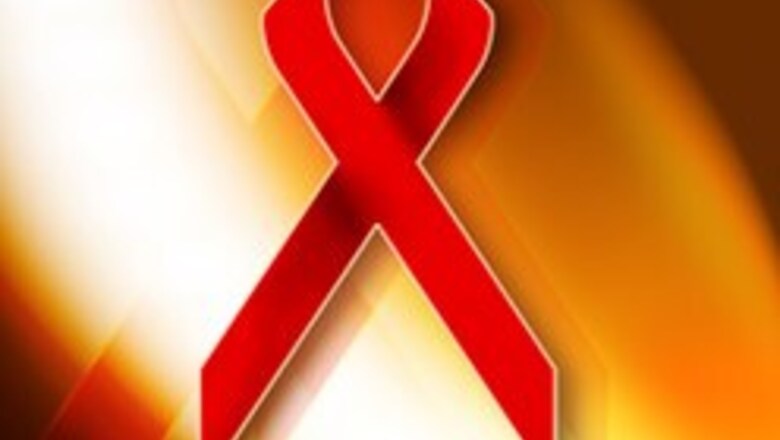
views
London: In an "extraordinary development" in the fight against AIDS, a medical journal article published Friday says that conclusive data shows there is no question circumcision reduces men's chances of catching HIV by up to 60 per cent.
The question now is how to put that fact to work to combat AIDS across Africa.
The findings were first announced in December, when initial results from two major trials in Kenya and Uganda showed promising links between circumcision and HIV transmission.
However, those trials were deemed so definitive that the tests were halted early.
The full data from the trials, carried out by the US National Institutes of Health, were published Friday in The Lancet.
"This is an extraordinary development," said Dr director of the World Health Organisation's AIDS department, Dr Kevin Cock.
"Circumcision is the most potent intervention in HIV prevention that has been described,” Cock added.
Circumcision has long been suspected of reducing men's susceptibility to HIV infection because the cells in the foreskin of the penis are especially vulnerable to the virus.
A modeling study last year projected that in the next decade, male circumcision could prevent two million AIDS infections and 300,000 deaths.
Last year, 2.8 million people in sub-Saharan Africa became infected with HIV, and 2.1 million people died.
Experts say the breakthrough's significance is on par with the identification of the virus and the use of lifesaving combination drug therapy.
The two US studies confirm similar results from an earlier trial in South Africa.
However, experts warn that solid evidence is not justification for mass circumcisions, noting that African health systems are already overburdened, and circumcision requires more planning than, for example, an immunization campaign.
"It's a tricky one, but it's something we're going to have to move on," said Dr Catherine Hankins, a scientific adviser at UNAIDS.
"Male circumcision is such a sensitive religious and cultural issue that we need to be careful,” she added.
Several African countries have met with UN agencies to explore strategies for increasing circumcision.
Together with the United Nations AIDS agency, WHO is convening a meeting in Switzerland in March to evaluate the data and decide the next steps in slowing the AIDS pandemic.
In the Kenyan study, 1,391 circumcised men were compared to 1,393 who were not. And in Uganda, 2,474 circumcised men were compared to 2,522 men who were not.
Scientists tracked the men for two years and found that those who were circumcised were 51-60 per cent less likely to contract HIV.













Comments
0 comment